Welcome to Our Research Archive
Search and filter by content type, issue area, author, and keyword
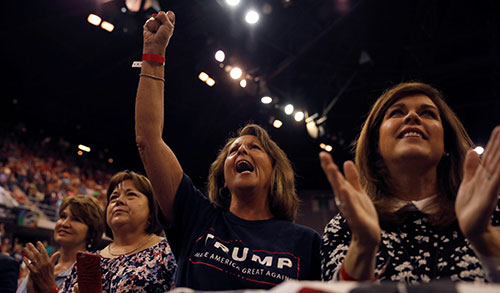
July 2, 2025
Have You Heard the Good News?
A quick look at some recent headlines shows that we have problems. The nation sharply and angrily divided along political lines. Rioters in the streets of Los Angeles. A destructive…

July 2, 2025
Congress Could Rein In Graduate Student Loans
…at public institutions, which have lower tuition. https://public.flourish.studio/visualisation/24028522/ The new caps, however, will constrain borrowing and tuition rates at the most expensive universities. Many colleges have taken advantage of unlimited…
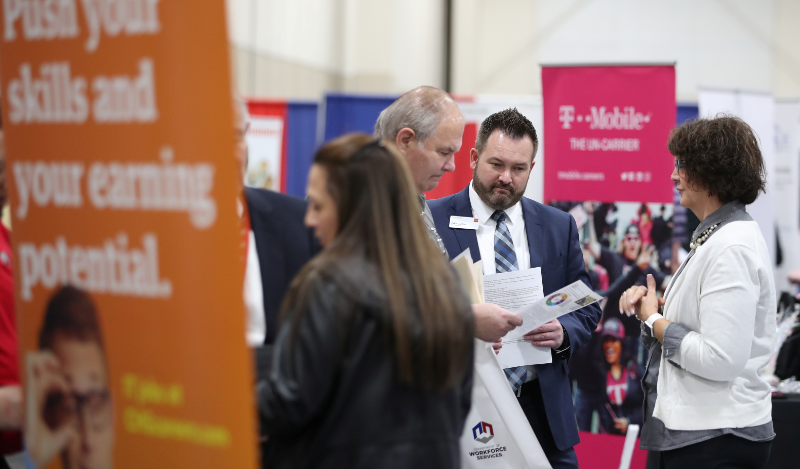
June 25, 2025
De-Skilling the Knowledge Economy
Key Points Despite the importance of mid-level workers to sectors like finance, business services, government, and health care, many of these workers are vulnerable to de-skilling, job loss, and forced…
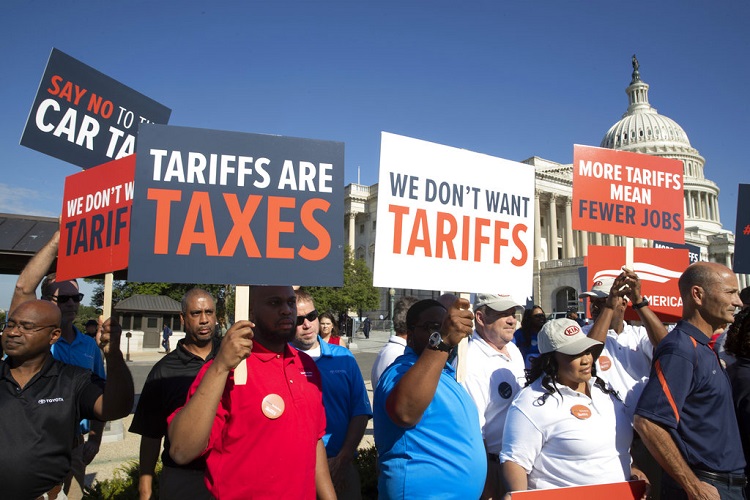
June 18, 2025
The (Non) Effect of Tariffs on Manufacturing Employment
This paper is a chapter in the volume The Economic Consequences of the Second Trump Administration: A Preliminary Assessment, published by The Center for Economic and Policy Research. Introduction President Trump…

June 12, 2025
The Senate’s Higher Education Reforms Are Strong (But Could Be Stronger)
…which current law caps at relatively low levels. Colleges could also set lower loan limits for certain programs if they choose. The Senate’s proposed loan limits are long overdue. They should constrain…

May 19, 2025
The Case for Shifting More Welfare Costs to States
…hit state budgets hard at a time when state finances are already highly strained.” That view ignores the findings of a recent fiscal survey of states conducted by the National…

May 14, 2025
Libraries Are Doing the Work—Let’s Fund Them Accordingly
Over the past few years, I’ve had the privilege of visiting libraries of all sizes—from quiet rural branches to vibrant urban hubs. Each one tells a story—not just through the…

May 14, 2025
Graduation in the Time of COVID: The Weakened Relationship with Chronic Absenteeism
…and document how that relationship shifted over the course of the pandemic. Read the full report. Notes 1. Michael A. Gottfried, “Chronic Absenteeism and Its Effects on Students’ Academic and…
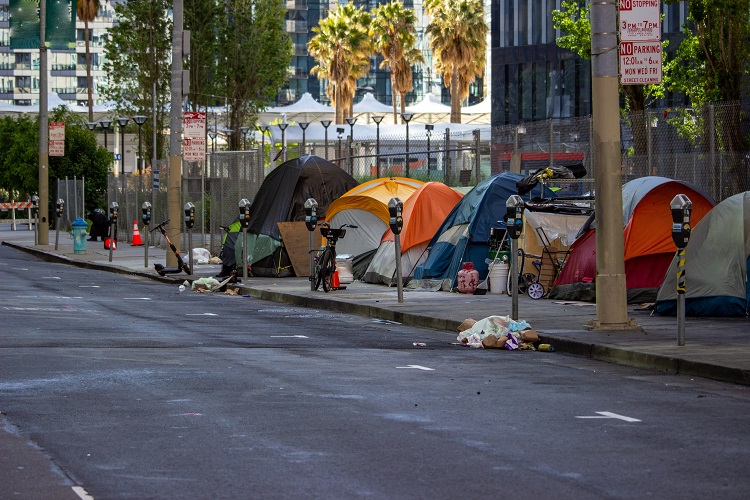
May 7, 2025
Displacement by Design: How Bad Policy Made Housing Scarce, and How We Can Fix It
…housing pressure that eventually breaks systems of care, erodes public trust, and places massive strain on local resources. The warning lights are flashing. Home prices and rents remain elevated. Rising delinquency…
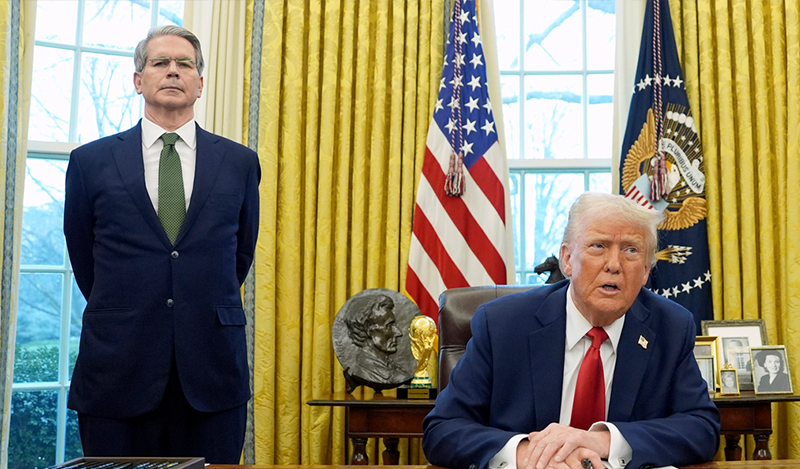
May 7, 2025
Did ‘China Shock’ Throw Millions of Americans Out of Work?
…edited by Susan B. Carter, Scott Sigmund Gartner, Michael R. Haines, Alan L. Olmstead, Richard Sutch, and Gavin Wright. New York: Cambridge University Press, 2006. http://dx.doi.org/10.1017/ISBN-9780511132971.Ba652-103210.1017/ISBN-9780511132971.Ba652-1032. Estimates of agricultural employment…